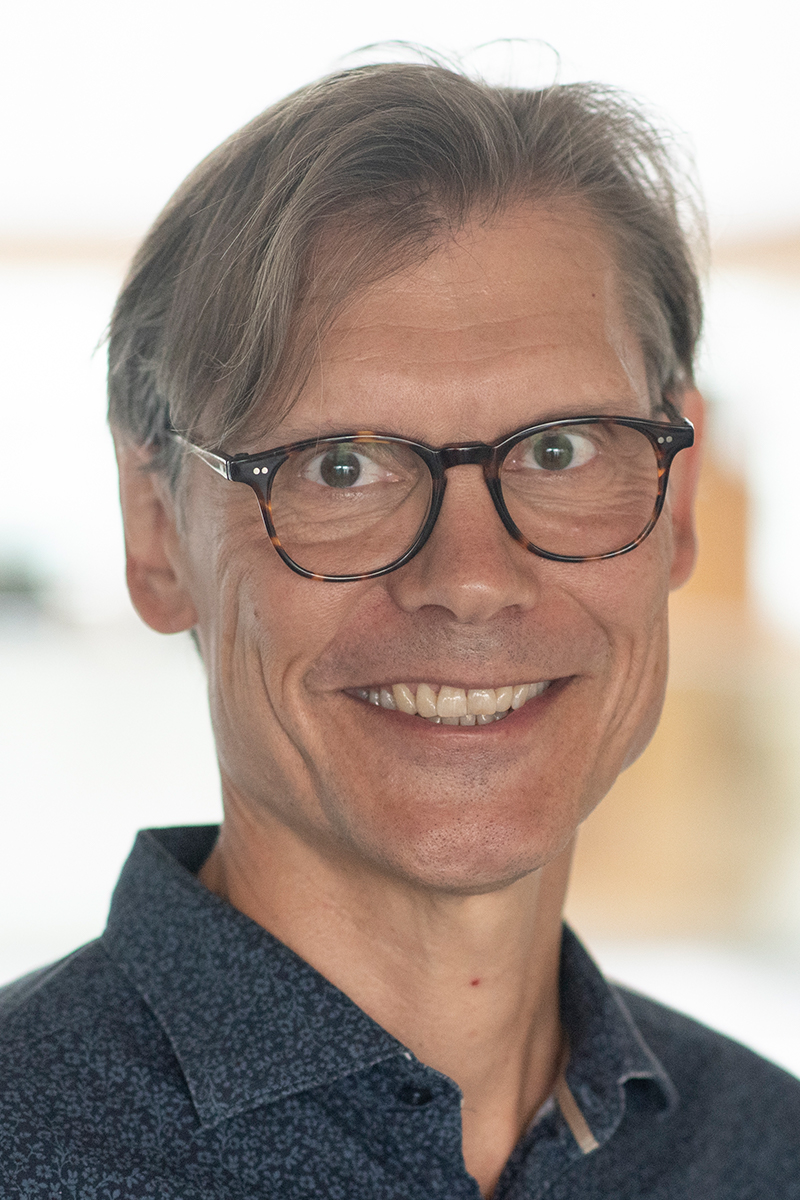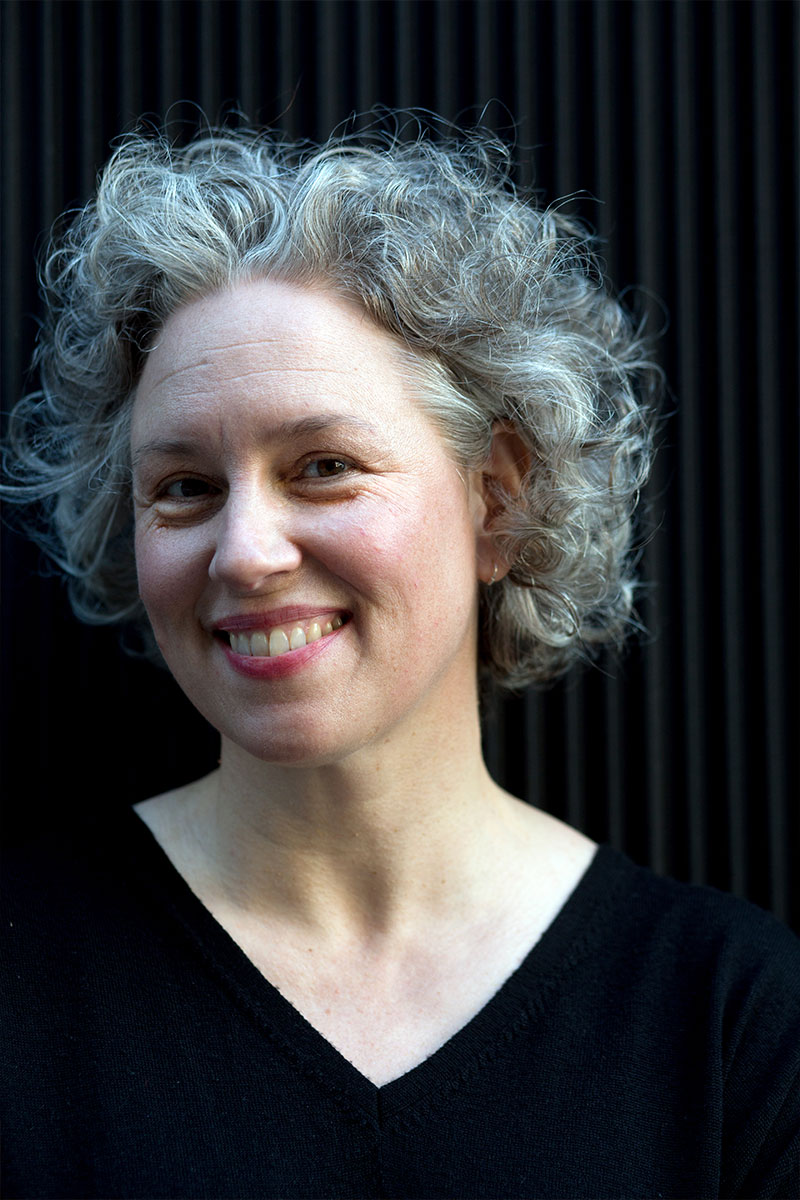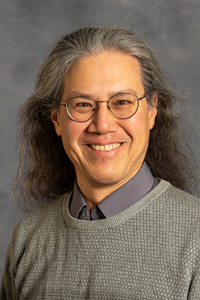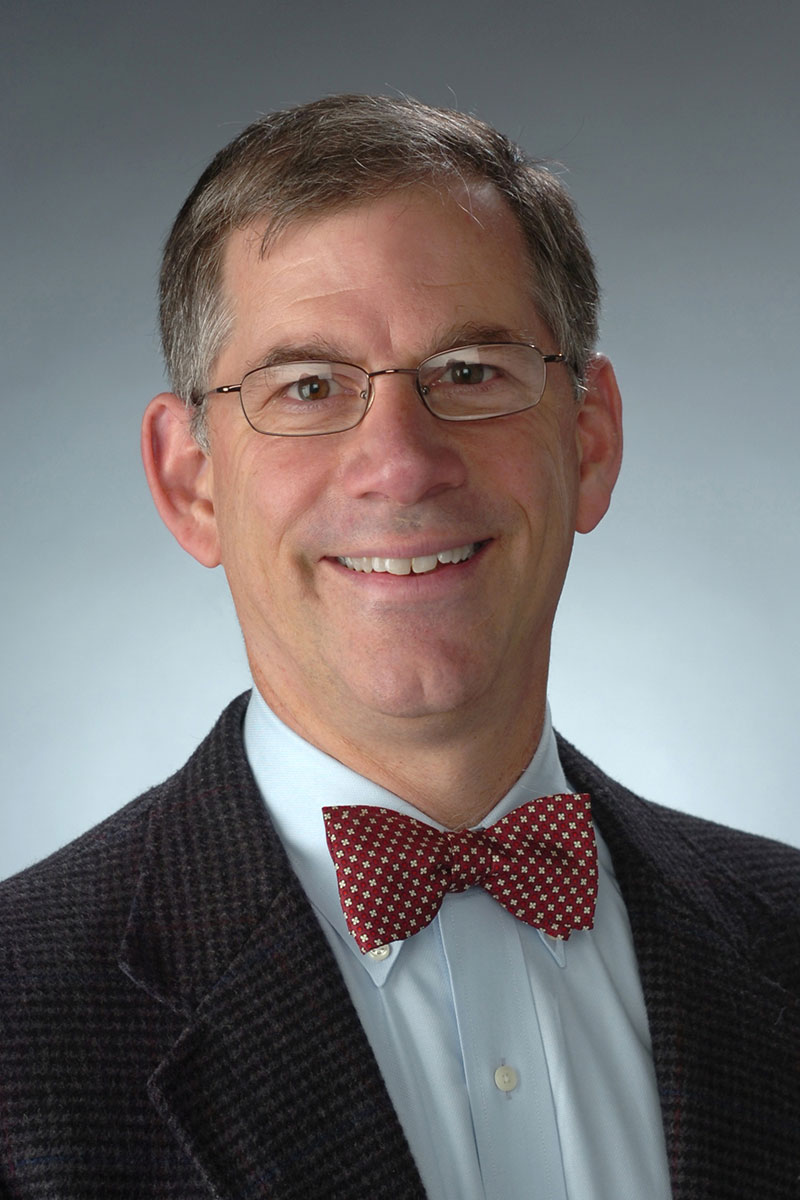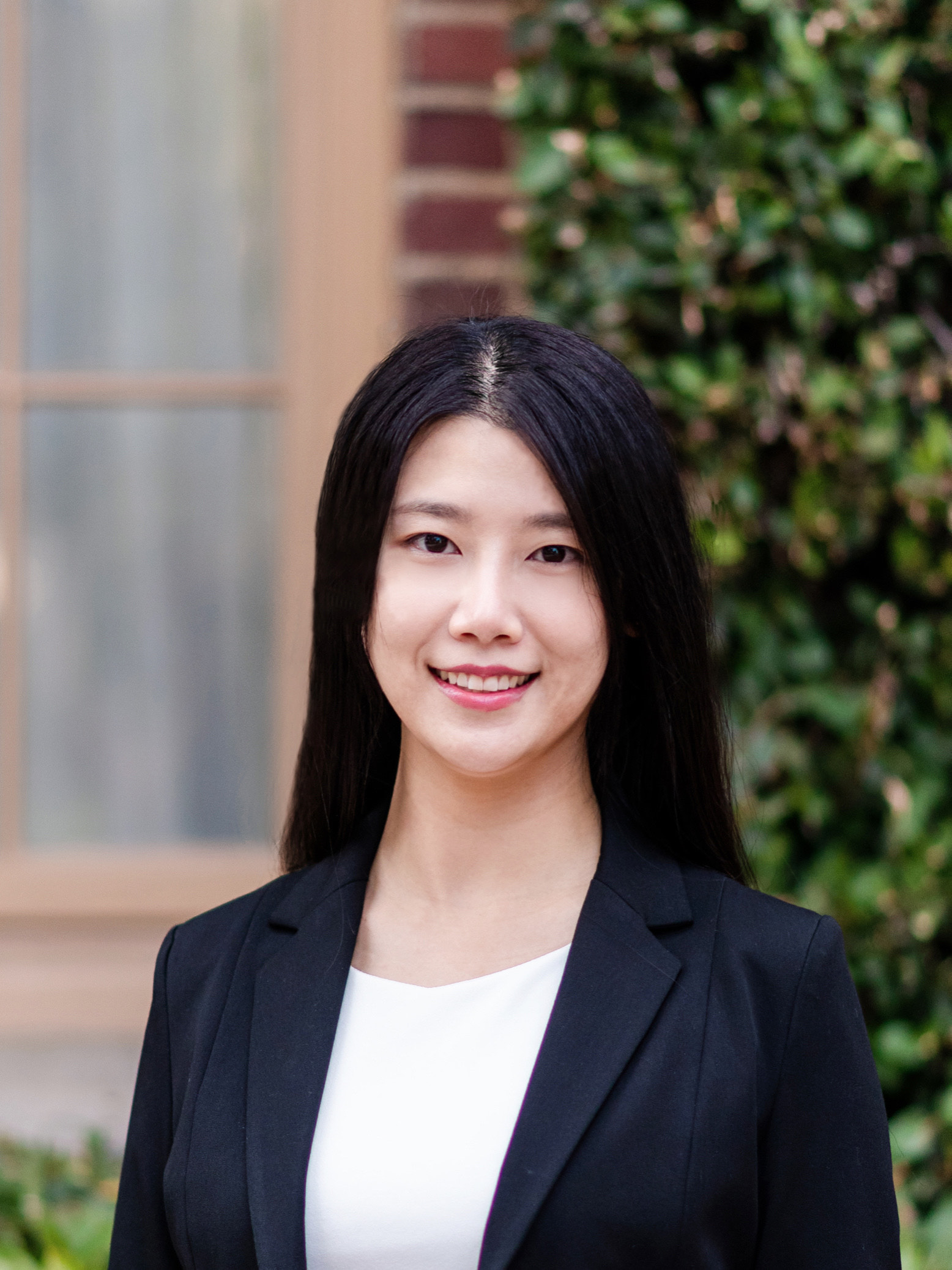The Center for the Futures of Work, Information and Technology promotes research on the interlinked transformation of work and dynamics of emerging technologies, and to translate research findings to inform practice, pedagogy and policy.
In 2018 the NSF identified the “Future of Work at the Human Technology Frontier” as one of its 10 “big ideas.” The objective of that effort is to encourage interdisciplinary research to understand how “constantly evolving technologies are actively shaping the lives of workers and how people in turn can shape those technologies.” In so doing, it aims to use those findings “to increase opportunities for workers and productivity for the American economy.”
Technology is a central focus, as its use enables and empowers certain types of work, displaces others and creates new kinds of work that were not previously possible. Information and communications technologies (ICTs) in particular have facilitated the development of new ways of working. ICTs have dramatically reduced transaction costs, making it possible to sell goods and services used and new to an entire nation and the world. ICT-enabled platforms opened the doors for contingent work that can be done by anyone with access to the Internet and some tools, providing flexibility at the cost of a lack of predictability and the protections of established modes of employment. These and other developments call out for research to document the current landscape of work and technology, to understand how work is changing and determine how best to deploy emerging technologies in order to inform policy and education.
The center provides a focal point to rally faculty across the school to advance research on the changing nature of work and to incorporate insights into new educational and outreach activities. The center provides a connecting point to industry, employers and alums and a space for researchers to share their research and turn it into value for students, employers and the broader community.
Talks
Upcoming talk: 4 December 2025 12:30–2:00 Hinds Hall 347
José L Gallegos – Department of Organization & Personnel Management,
Rotterdam School of Management, Erasmus University
Alternative Futures for the Future of Work
Automation is reshaping work, sparking fears of job loss alongside promises of efficiency and competitiveness. In this context, unions are often portrayed as having only two options: either resist technologies that threaten employment or accept them in exchange for wage concessions. Our study demonstrates that they can follow a third path. Drawing on a longitudinal study of the Port of Rotterdam, we examine how dockworker unions navigated successive episodes of automation. Although they recognized automation as a genuine job threat, they also saw it as a potential source of improved working conditions and long-term firm viability. Moving beyond the acceptance–resistance binary, we show that unions can support the implementation of new technologies while mitigating their displacement effects through three mechanisms: setting limits on technology’s scope to preserve jobs (constraining), advancing reskilling and redeployment initiatives to keep workers complementary to new technologies (adapting), and redirecting technological capabilities into collective benefits such as shorter hours or early retirement (exapting). We conceptualize these mechanisms as affordance realignment—the process by which actors limit, condition, and repurpose what technologies can do in organizational settings. This framework highlights the role of unions as vehicles of collective agency in co-shaping the future of work.
José Luis Gallegos is a PhD candidate at the Rotterdam School of Management, Erasmus University, currently conducting a research visit at Cornell University. A Fulbright alumnus with an MPA from the Harvard Kennedy School, his research explores how workers and unions navigate technological transitions in the workplace. In addition to his academic work, he has consulted for the International Transport Workers’ Federation on strategies for negotiating the use of AI in the port industry.
Upcoming virtual talk: 9 December 2025 1:00–2:00pm ET on Zoom
Sophia Fu – Rutgers University
Reconsidering Nonprofit Work in the Age of AI
Despite the growing adoption of artificial intelligence (AI), research on AI in the nonprofit sector remains limited. We conducted semi-structured interviews with leaders from 35 human service nonprofit organizations across six major U.S. nonprofit and tech hubs to explore how nonprofits are integrating AI into their work. While nonprofit leaders recognized AI’s potential to streamline operations and improve efficiency, they often negotiate the ethical and practical boundaries and expressed reservations about using AI in domains requiring emotional labor, compassionate communication, and authentic interpersonal relationships. These findings call for reconsiderations of human work for social impact in the AI age.
Dr. Sophia Fu (PhD, Northwestern University) is an associate professor of communication at the Rutgers University. Fu’s research advances theoretical understandings of hybrid organizing—specifically, how organizational and social actors navigate and integrate multiple, often competing elements such as goals, identities, media platforms, stakeholders, and institutional logics in their communication practices. Fu’s research has been recognized across multiple disciplines and academic associations, including the International Communication Association, National Communication Association, Academy of Management, and Association for Research on Nonprofit Organizations and Voluntary Action.
Center Projects
Highlighted Publications
Artificial intelligence in information systems: State of the art and research roadmap (PDF)
Ågerfalk, P. J., Conboy, K., Crowston, K., Jarvenpaa, S. L., Lundström, J. Eriksson, Mikalef, P., & Ram, S.. (In Press). Artificial intelligence in information systems: State of the art and research roadmap. Communications Of The Association For Information Systems (Cais).
Communicating with the masses from isolation: What happened when local television journalists worked from home (PDF)
Henderson, K., Raheja, R., & Crowston, K.. (2022). Communicating with the masses from isolation: What happened when local television journalists worked from home. In Hawai’i International Conference on System Sciences. Presented at the Hawai’i International Conference on System Sciences, Virtual due to COVID.
Impacts of the Use of Machine Learning on Work Design (PDF)
Crowston, K., & Bolici, F.. (2020). Impacts of the Use of Machine Learning on Work Design. In 8th International Conference on Human-Agent Interaction. https://doi.org/10.1145/3406499.3415070
The Genie in the Bottle: Different Stakeholders, Different Interpretations of Machine Learning (PDF)
Harandi, M., Crowston, K., Jackson, C., & Østerlund, C.. (2020). The Genie in the Bottle: Different Stakeholders, Different Interpretations of Machine Learning. In Hawai’i International Conference on System Science. https://doi.org/10.24251/HICSS.2020.719
Impacts of machine learning on work (PDF)
Crowston, K., & Bolici, F.. (2019). Impacts of machine learning on work. In Proceedings of the 52nd Hawai’i International Conference on System Sciences (HICSS-52). https://doi.org/10.24251/HICSS.2019.719
Team
iSchool Faculty
Carsten Østerlund
Professor, Associate Dean for Research
costerlu@syr.edu
EunJeong Cheon
Assistant Professor
echeon@syr.edu
Ingrid Erickson
Associate Professor and PhD Program Director
imericks@syr.edu
Kevin Crowston
Distinguished Professor of Information Science
crowston@syr.edu
Scott Bernard
Professor of Practice
sabernar@syr.edu
Steven Sawyer
Professor | Core Faculty of Renée Crown Honors Program
ssawyer@syr.edu
Yiqi Li
Assistant Professor
yli360@syr.edu
Affiliates
Jason Davis, Research Professor, Syracuse University Newhouse School of Public Communications

